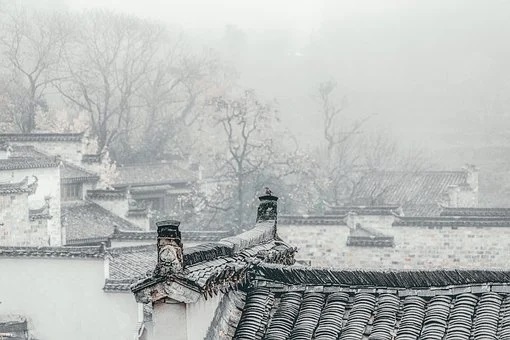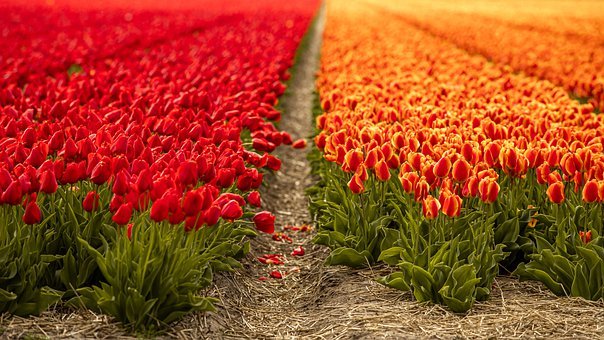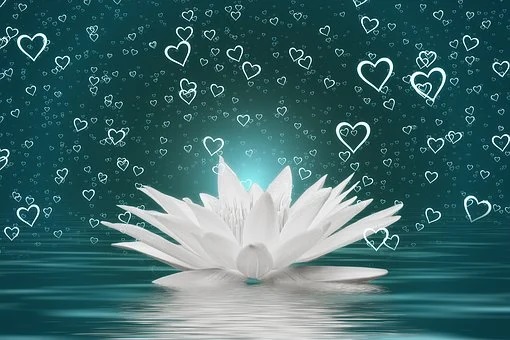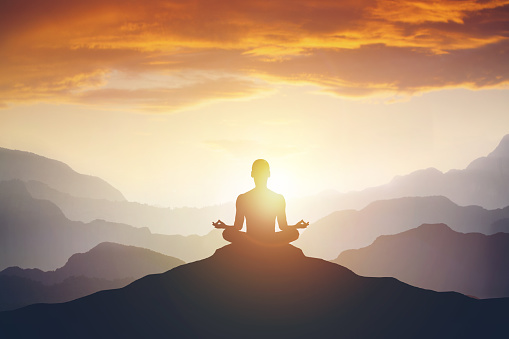How is Cause and Effect Generated?Whatever action we take, whether it is killing, stealing, or freeing animals and giving, we no longer perceive its existence after the action takes place. However, a special energy is stored within the deepest level of our consciousness -- the alaya consciousness. Alaya is a Sanskrit word which means storage. It is like a computer disk which can store a great deal of information.
Not only that, all the information pertaining to the previous life -- including a person’s knowledge, personality, and living conditions that distinguish him or her from others -- is stored in the alaya and transmitted to the next life.
~Depicted from ARE YOU READY FOR HAPPINESS - Spiritual Equipment for Modern Times











